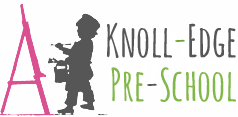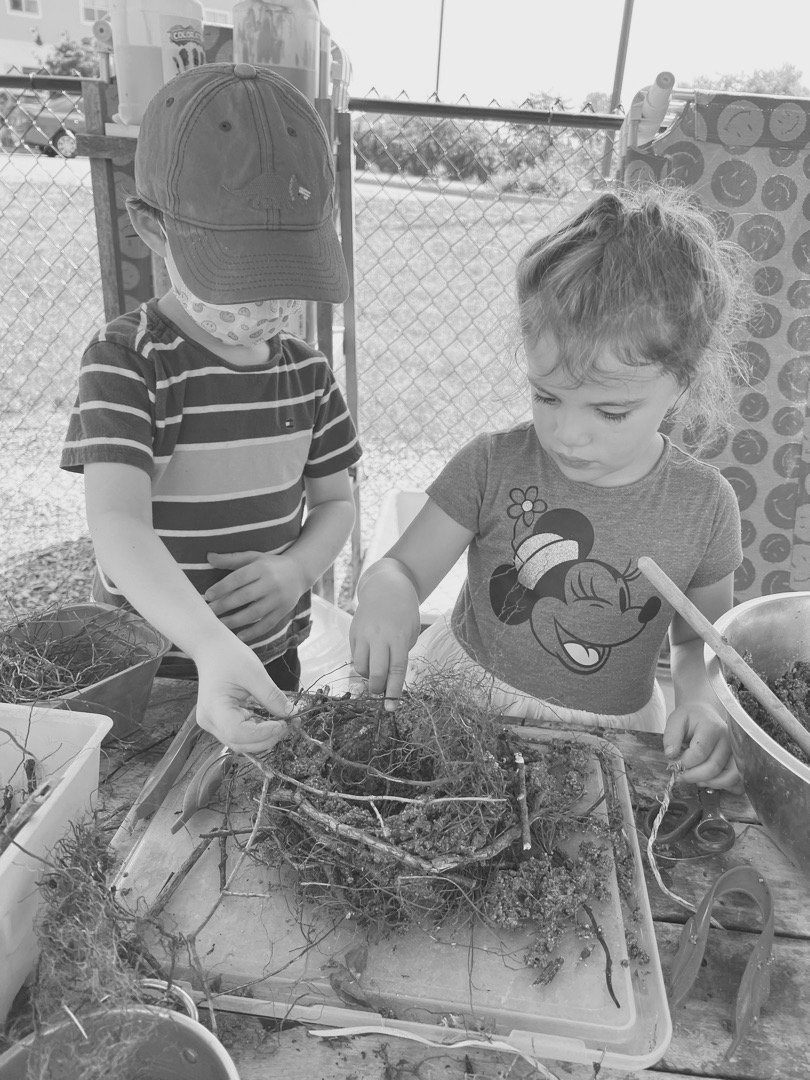Parents visiting Knoll-Edge often ask, what is your educational philosophy? People also want to know on which theorists we base our curriculum, our interactions with children, and our style of child guidance.
Knoll-Edge follows the Constructivist Theory of Early Childhood Development. This is best explained by referring to two theorists from whom we draw our thoughts.
Vgotsky believes, and we agree, that children learn better in collaboration with an adult. This does not mean that the adult is teaching a child how to perform a task, but that the process of engagement with the adult enables the child to refine his or her thinking or performance to make it more effective. The development of language and the articulation of ideas are central to learning and development. “Stretch-learners” is a model for this theory. We stretch the mind of the child by exposing him/her to a multitude of curricula presented in an appropriate manner.
We also believe, as J. Bruner theorized, that learning is an active process in which learners construct new ideas based upon their current knowledge. The child selects and transforms information, constructs hypotheses and makes decisions relying on a cognitive structure to do so. Cognitive structure provides meaning and organization to experiences and allows the child to go beyond the information given.
Knoll-Edge draws from the best of these philosophers and therefore is often compared with the Reggio Emilia philosophy, which is a combination of theories. Central to this philosophy is the image of the child being full of wonder and curiosity, and capable of co-constructing, with the teachers, his or her own knowledge. The central act of teachers is to arrange the environment, and offer appropriate materials, so that the child constantly explores, discovers and creates meaning.
The Reggio Emilia motto is “nothing without joy”. We at Knoll-Edge have adopted that motto as well!

